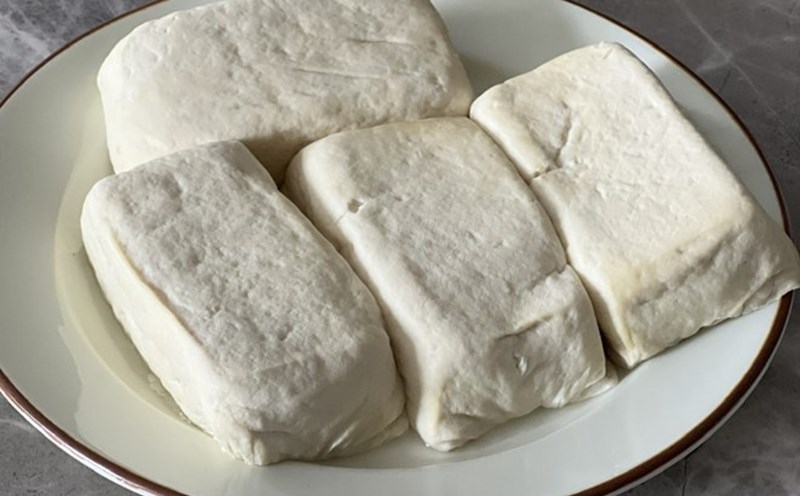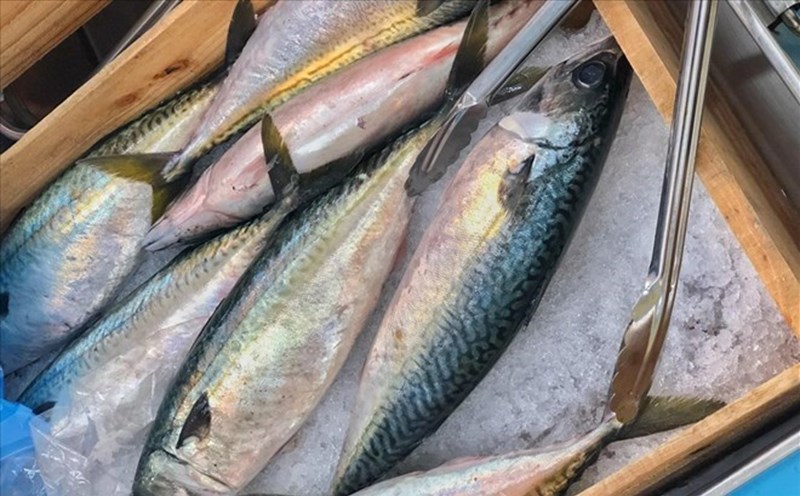Here are the things to do every day to keep your liver and kidneys clean and healthy:
Drink enough water
Water is an important transportant that helps the liver transport toxins to the kidneys for excretion. The kidneys also need enough water to maintain urine output, helping to wash away waste products such as urea, creatinine and uric acid from the body.
According to the Institute of Medicine (IOM), adult women should drink about 2.0 liters of water per day, and men should drink about 2.5-3.0 liters, depending on their level of exercise. Prolonged lack of water not only reduces blood flow to the kidneys but also increases the risk of kidney stones and renal tissue inflammation.
In particular, you should start your morning with a glass of warm water, you can add a few slices of lemon or mint leaves to help the liver "starts" detoxification function after a long sleep.
Eat lots of green vegetables and fresh fruits
Green vegetables (especially cruciferous vegetables such as spinach, broccoli) and fresh fruits are rich in antioxidants (such as glutathione, flavonoids, vitamin C) - compounds that can detoxify liver cells, reduce inflammation and support kidney function.
A study from the Journal of Hepatology shows that the group who eat at least 5 servings of vegetables and fruits per day have lower ALT (liver enzyme) levels and a liver fatty liver ratio of 24% lower than the group who eat less.
Add boiled vegetables, light stir-fried vegetables, unsweetened smoothies or low-sugar fruits such as apples, pears, blueberries.
Walk or do light exercise 30 minutes/day
Regular physical activity helps increase blood circulation, reduce liver fat, improve insulin sensitivity and reduce the risk of high blood pressure - a factor that damages blood vessels that nourish the kidneys.
According to the International kidney Association (ISN), 30 minutes of walking a day or 150 minutes of physical activity/week can help reduce the risk of chronic kidney failure by up to 23% in people with risk factors such as obesity, diabetes or high blood pressure.
If you don't have time to exercise professionally, you should take a walk after meals or take the stairs instead of the elevator.
Limit sweets, salty foods and ultra-processed foods
Refined sugar, salt and additives in processed foods put great pressure on the liver and kidneys. Consuming too much fructose and sodium can increase liver fat, increase blood pressure, and reduce the kidneys' ability to filter blood.
The group of people who eat a lot of processed foods have a 1.6 times higher rate of fatty liver and kidney failure than those who maintain a whole-food diet.
replace with whole foods, cook at home with the minimum amount of spices.











